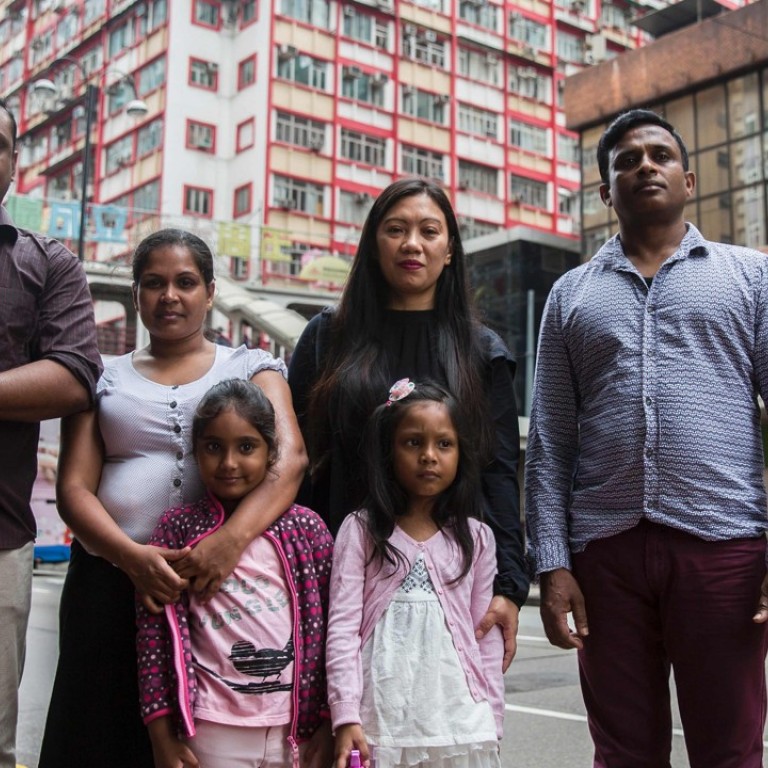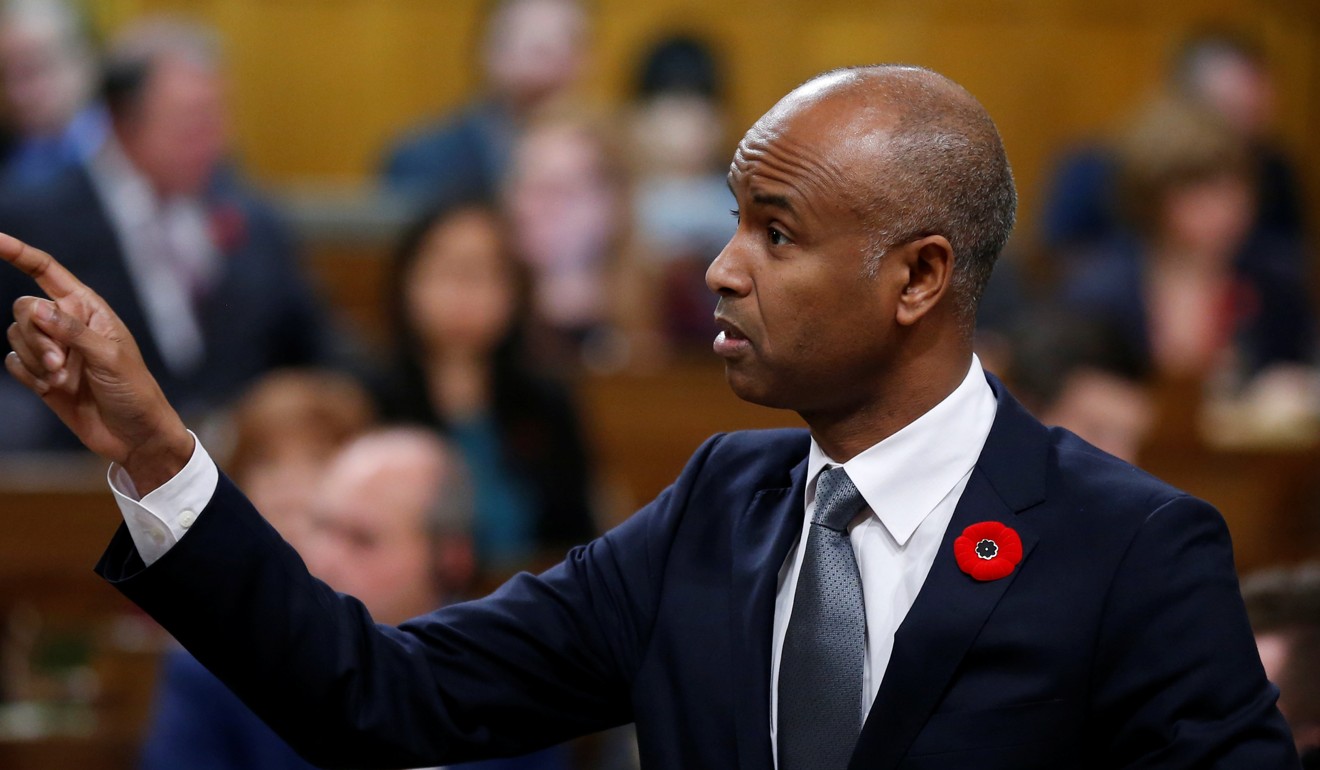
Canada has been ‘dragging its feet’, Human Rights Watch says as it calls on minister to accept asylum seekers who housed Edward Snowden
Group of seven refugees who helped former NSA contractor in Hong Kong may face deportation as appeal cases in city have yet to make headway
An international NGO advocating human rights has accused Canada of ‘dragging its feet’ in accepting seven asylum seekers who helped American whistle-blower Edward Snowden in Hong Kong and sent a letter to the country’s immigration minister.
The move from Human Rights Watch came as the hearing for an appeal filed against Hong Kong’s Immigration Department by one of the refugees is set to begin on Monday.
“Canada has been dragging its feet on these applications, apparently waiting out the protracted legal process, and likely rejection by Hong Kong, and the psychological toll on these poor people has been enormous,” said Dinah PoKempner, general counsel at Human Rights Watch.
Police deny illegally targeting asylum seekers who housed Snowden in Hong Kong

His appeal hearings in Hong Kong are scheduled for next Monday and Wednesday. “But his psychiatrist is doubtful he can participate meaningfully or safely, given his acute post-traumatic stress disorder symptoms and the re-traumatisation,” the letter stated.
Pushpakumara’s lawyer, Robert Tibbo – who also provided legal advice to Snowden in the city – said he hoped the case could be decided in Canada.
Are Hong Kong’s Edward Snowden chickens finally coming home to roost?
“The case should be adjourned until he is able to participate,” Tibbo said. “He’s been stuck in limbo in Hong Kong since 2003 without the social welfare and psychiatrical support he needs.
“Furthermore, there is no confidence that any of my clients’ cases will be successful in Hong Kong based on the closed screening system.”

An emergency visa request was filed on Pushpakumara’s behalf last month in Canada.
If the Torture Claims Appeal Board in Hong Kong rejects their appeals, the group has three months to request a judicial review with the High Court. Claimants face detention and deportation if both instances fail.
There is no confidence that any of my clients’ cases will be successful in Hong Kong
Hong Kong does not grant asylum, but the local government is obliged to screen torture and persecution claims, a process that usually takes several years. The few recognised cases are then referred to the UN, which is responsible for finding a third country for resettlement.
PoKempner said of Pushpakumara’s plight: “It is shameful that Ajith, who fled horrific torture and who still has persecutors tracking him, is unsafe and unprotected, all the more so because he helped Edward Snowden, whom he knew only as a fellow asylum seeker.”
Snowden slams ‘campaign’ against lawyer of families who hid him
Meanwhile, For the Refugees – an NGO set up in Quebec by three lawyers to help the group of seven – this week launched a new campaign to raise funds for the asylum seekers.
Snowden took to Twitter to call for support.
“Please help us get these brave families to a safe place,” he posted. “If you can give, please do. If you can’t, help us spread their story. Your support can change seven lives for the better.”

